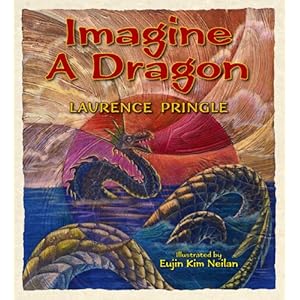One of which is realistic expectations.
Or, rather, few to none, which works as well.
I’ve gone through cycles of seeking my “brand” or identity, or audience, pouring thought and wistfulness and effort into producing content days at a time.
The closest I’ve gotten to a theme is, “an unexamined life is not worth living.”
Which is overstating it, as quotes will.
When I have fears that I may cease to be
Before my pen has glean’d my teeming brain,
Before high piled books, in charact’ry,
Hold like rich garners the full-ripen’d grain;
When I behold, upon the night’s starr’d face,
Huge cloudy symbols of a high romance,
And think that I may never live to trace
Their shadows, with the magic hand of chance;
And when I feel, fair creature of an hour!
That I shall never look upon thee more,
Never have relish in the faery power
Of unreflecting love!—then on the shore
Of the wide world I stand alone, and think
Till Love and Fame to nothingness do sink.
John Keats (1795–1821)
For now, I more wish to belive that the unexamined life may perhaps be lived better (than examined), but without the benefit of reproduction. And I believe a scientist would say that any outcome, however perfect, is not useful unless it can be reproduced.
While I do not strive to live as a scientist, I do wish to be of use. And I know my deepest need (for an improved life) is not perfection, but consistency.
But, returning to obscurity (we left it for a moment), I think on what is necessary to leave it: nakedness. Utter exposure, whether voluntary or not, is the cost of coming out of invisibility.
It was Edna St. Vincent Millay, I once read, who said, “A person who publishes a book willfully appears before the populace with his pants down. If it is a good book nothing can hurt him. If it is a bad book nothing can help him.”
My friend Becky and I have had (e-mail) conversations over this, the choice about how open to be. She knows her audience. She has a sense of mission in her writing, and finds both power and purpose in choosing to open some very personal parts of herself.
I have none of those motivators. Much of my fragility and “intimacy” is very self-centered; they are things I want to remember on topics that are close to my heart and so are easier for me to write about.
Or maybe just easier to stay connected long enough to finish.
All my life I have heard about “masks” and “getting rid of masks.” The idea of presenting a false front is despised in all circles, even while (as a culture) we feel more disconnected from one another than ever before.
So people talk publicly about stuff that doesn’t make you blush any more, and shocking announcements are defended effectively.
I tried to explain the phenomenon to my mother (who doesn’t need anything explained to her), and she is simply horrified at the practice. “Why would anybody do that?!” she asks.
I proffered a few of my theories (the attempted explanation part), but she didn’t seem to hear any of them. And I can’t say I blame her. I don’t rightly understand it myself.
But I’m a part of it.
Apparently I’m in the early years of Generation-Y, and attribute it to what you will (I’ve read theories about this too), we are a “real” generation, where authenticity is the key word.
I’m a part of it without even knowing it.
I can’t tell you how many times someone older than me (and not always very much older) will laugh in an embarrassed way at something I just said and respond, “That’s what I love about you, Amy, you’re so real.”
Which, frankly, confuses me, because what else can a Believer be?
Continue reading »
 I wish I could show you some images from inside the book. They are just amazing. All this wonderful interplay between line, color and texture. (And I’m not any sort of visual artist!)
I wish I could show you some images from inside the book. They are just amazing. All this wonderful interplay between line, color and texture. (And I’m not any sort of visual artist!)